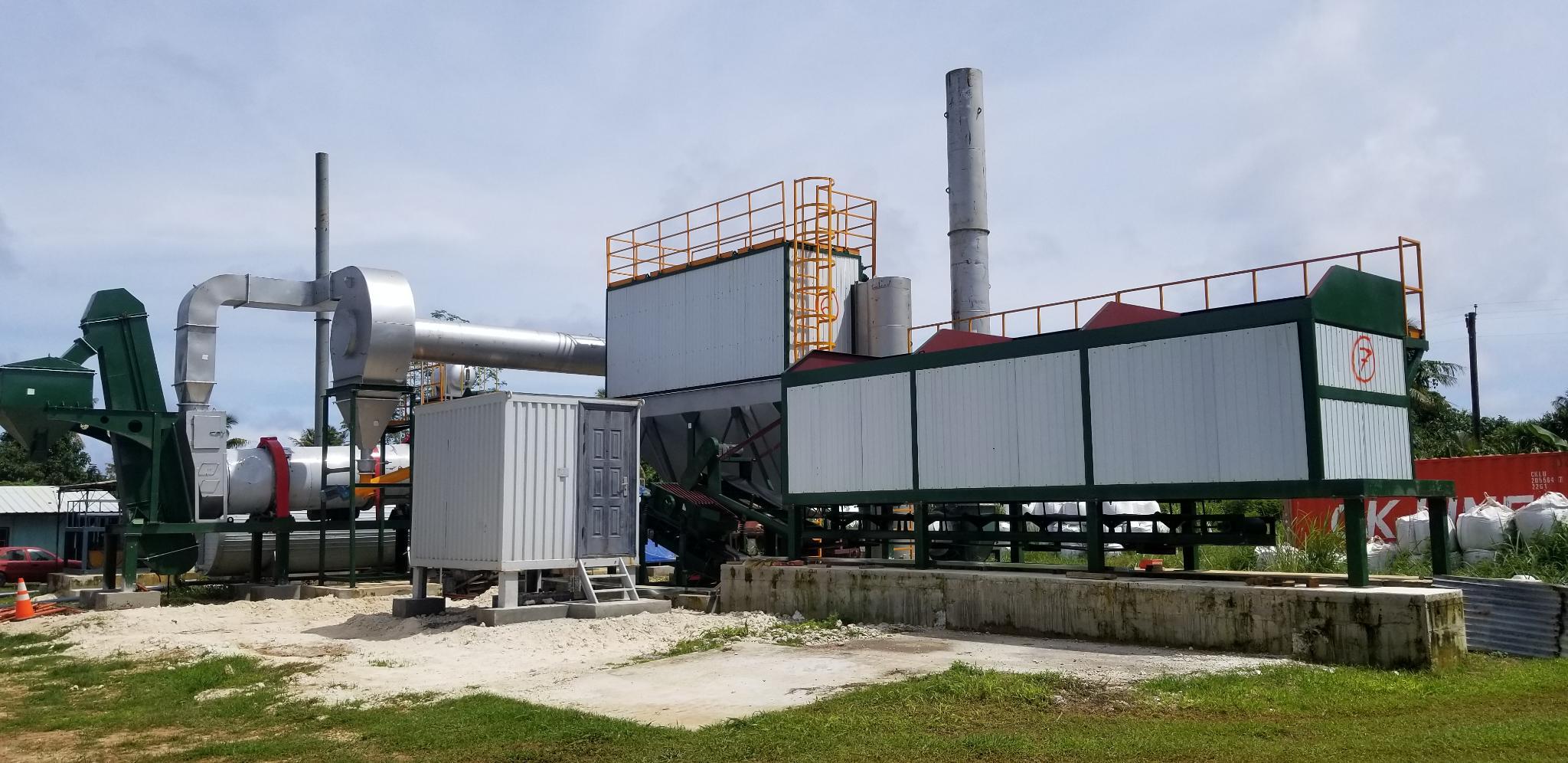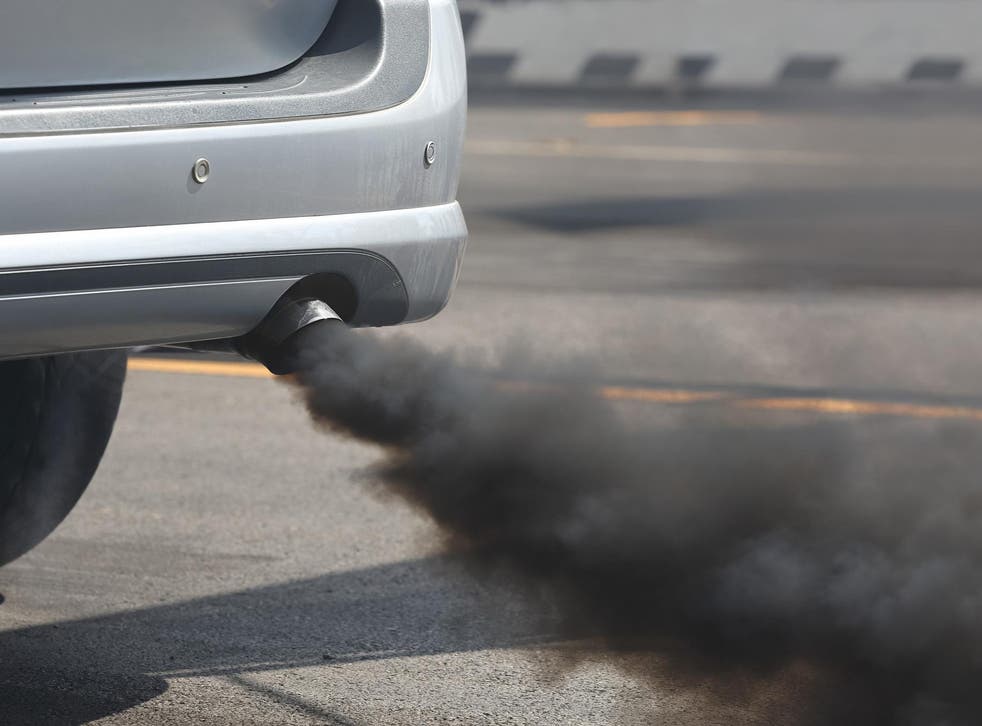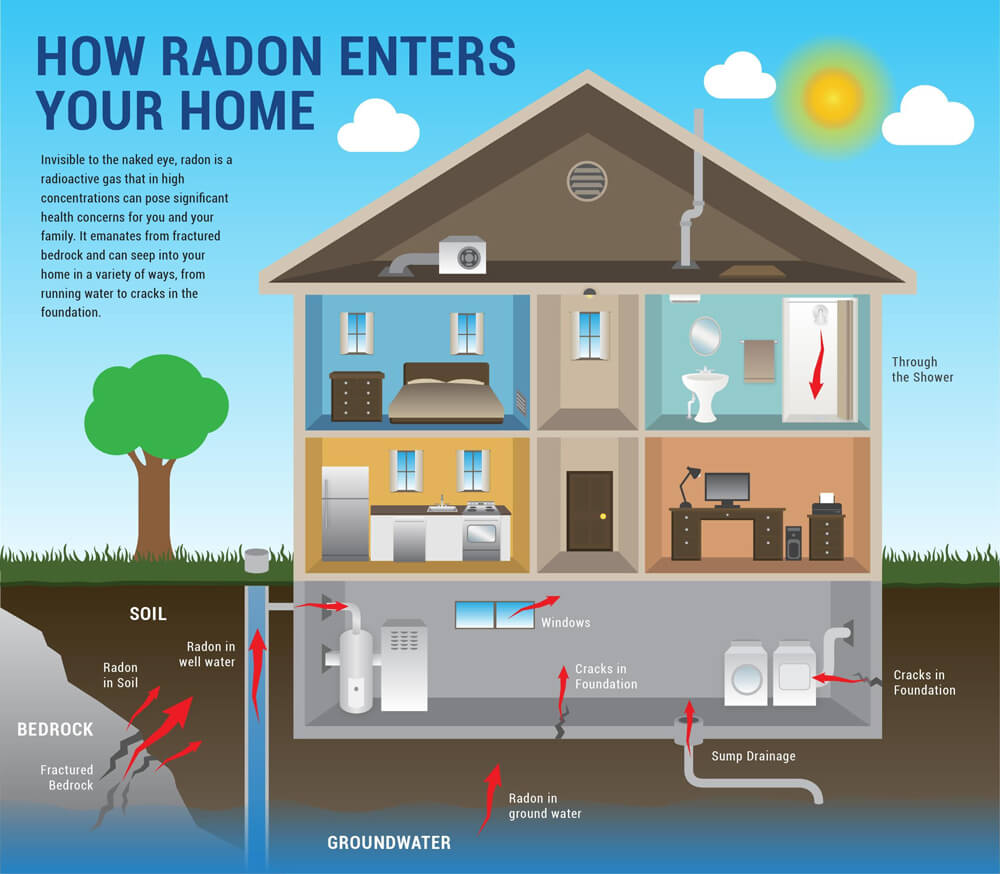Clean Air Program
BECQ-DEQ's Clean Air Program protects public health and the environment by limiting the release of air emissions from diesel-powered motor vehicles, air-polluting equipment, and other polluting industries through enforcement of local and federal environmental regulations.
The Clean Air Program's duties and responsibilities include conducting vehicle emission tests for diesel-powered motor vehicles, monitoring indoor air quality for radon gas, issuing permits for minor, synthetic minor, or major source facilities known to release air emissions, conducting compliance inspections, responding to citizen complaints, and issuing notices of violations and administrative orders when necessary.
Minor Synthetic Minor Air Permits
- Before the construction, reconstruction, modification, relocation, or operation of an emission unit with the potential to emit more than 1.0 ton per year of any pollutant for which a national ambient air quality standard has been promulgated, or an emission unit with the potential to emit more than 0.1 ton per year for any hazardous air pollutant, the owner or operator shall apply and obtain Minor or Synthetic Minor Air Permit from DEQ.
- The Minor Source Air Permit Application can be found under the “Permits and Regulations” section of this website. Applications can be submitted to the BECQ Front Desk and a $500 payment is required upon submission.
- The purpose of the Minor or Synthetic Minor Source Air Permit is to prevent the construction of sources that would interfere with attainment or maintenance of a National Ambient Air Quality Standard. Examples of permitted facilities in the CNMI include major hotels and resorts that utilize diesel generators and boilers, and quarry, concrete, aggregate, and asphalt plants.
- When purchasing a diesel-powered generator, we recommend you review BECQ's Generator Guidelines.


Visible Emission Testing
According to CNMI’s Air Pollution Control Regulations § 65-10-104 (b)(1), BECQ requires all diesel-powered vehicles to be certified by DEQ through visible emission testing. No person shall operate a diesel-powered motor vehicle which emits visible smoke for a period of more than five consecutive seconds while, upon streets, roads, or highways.
When registering a vehicle under the CNMI Bureau of Motor Vehicle, owners must provide an emission certificate attesting that their vehicle have tested and passed under applicable regulations. The Vehicle Emissions Certification Application can be found under the “Permits and Regulations” section of this website. Applications can be submitted to the BECQ Front Desk and payment is required upon submission.
Indoor Air Quality
TESTING FOR RADON
Radon is a naturally occurring radioactive gas formed by the decay of uranium that is found in nearly all soils. It enters the home/building through cracks and other holes in the foundation. Without adequate ventilation, radon gas may buildup in a home/building.
Radon is a colorless, odorless, and tasteless gas. The only way to detect radon levels in your home/building is through testing. Smokers exposed to radon are 25 times more likely to develop lung cancer than non-smokers. Children exposed to radon may be at almost twice the risk as adults.
Free radon testing is offered by the DEQ Clean Air Program. If you are interested in scheduling a test or would like to learn more information, please contact the Air Program at 670-664-8512 or email .

Staff and Management
Justin Pangelinan, Branch Manager
-
Contact Number: 670-664-8512
Email:
Mark Tyler Flores, Environmental Technician
-
Contact Number: 670-664-8534
Email: